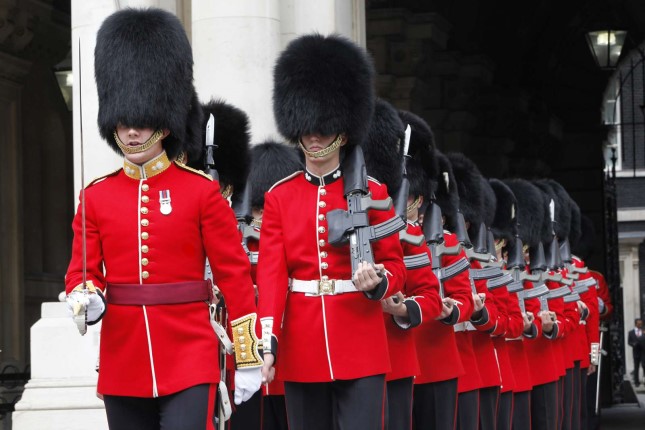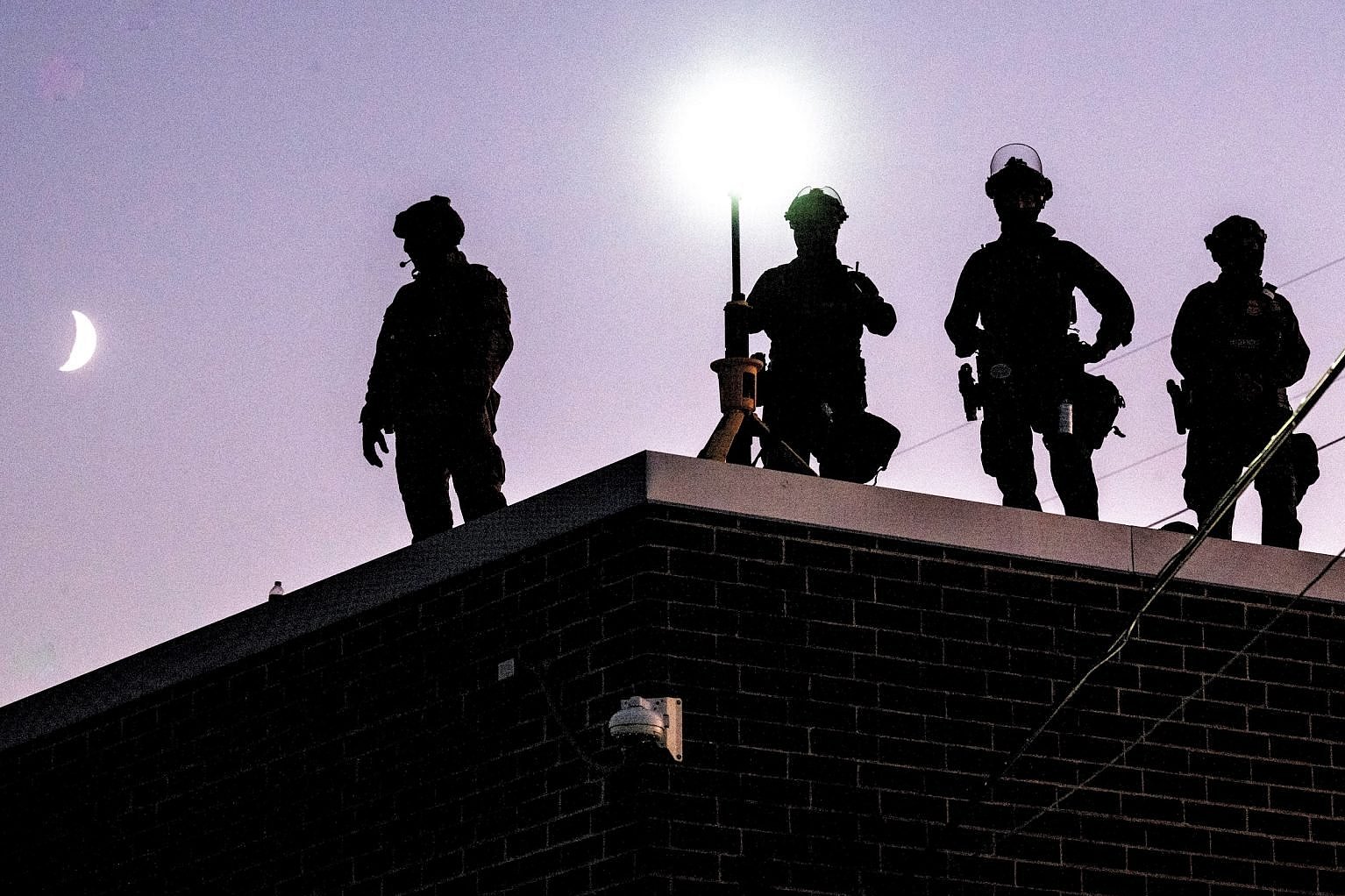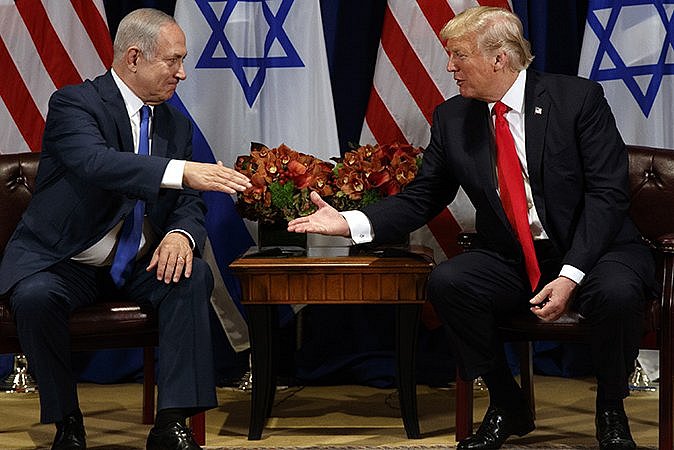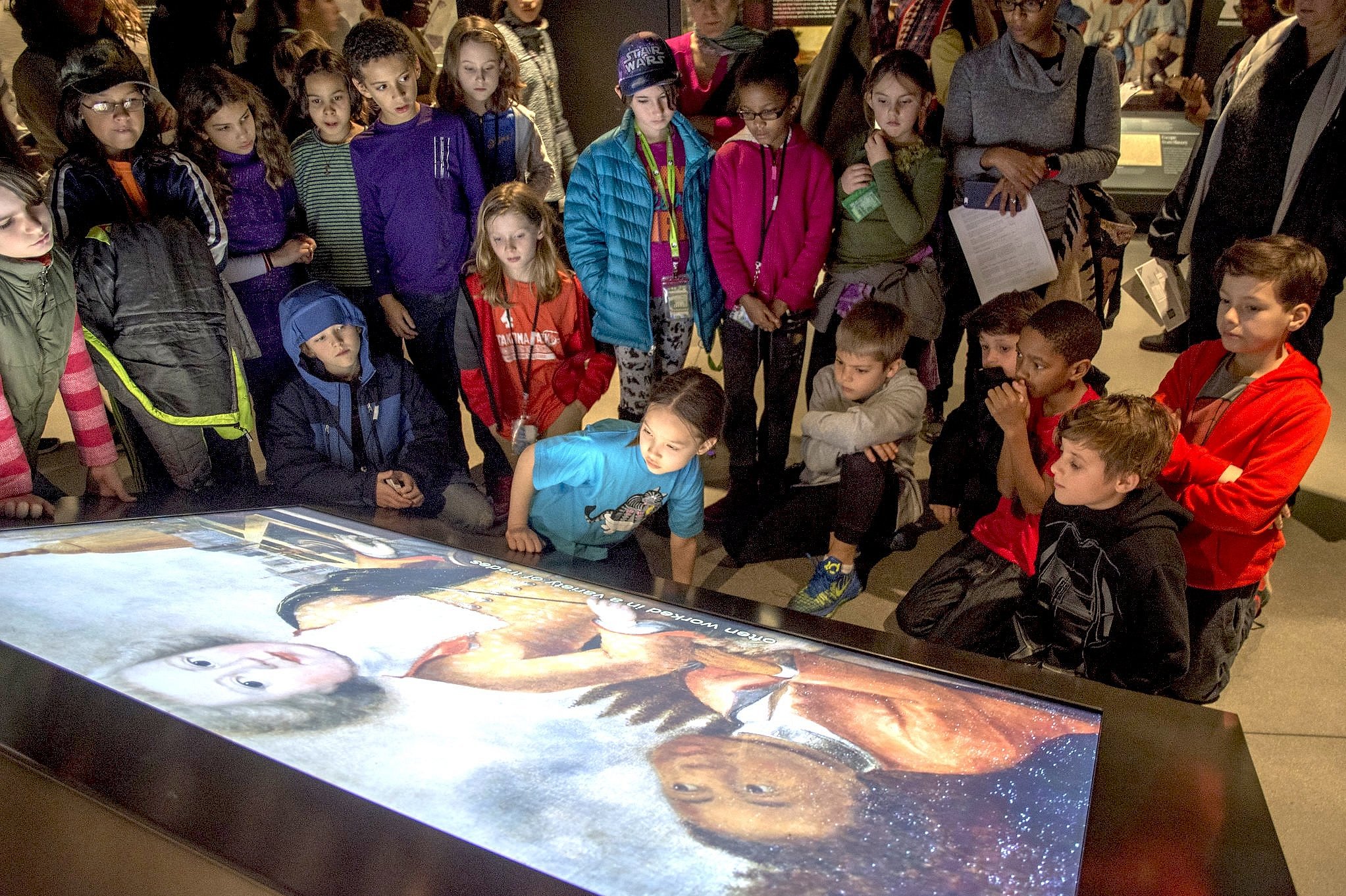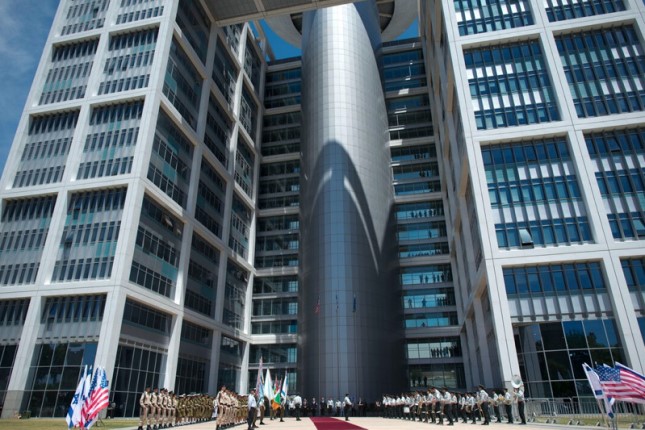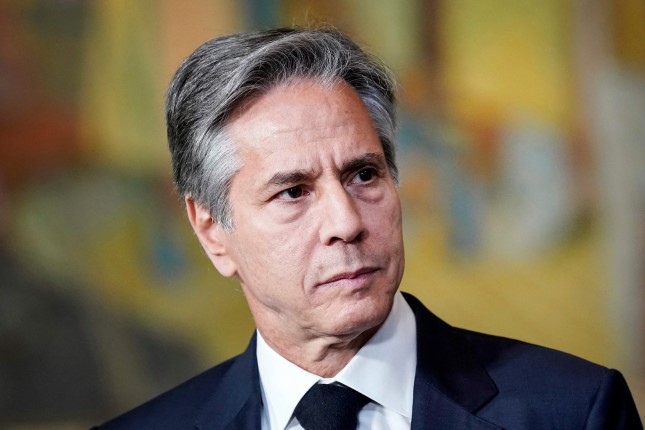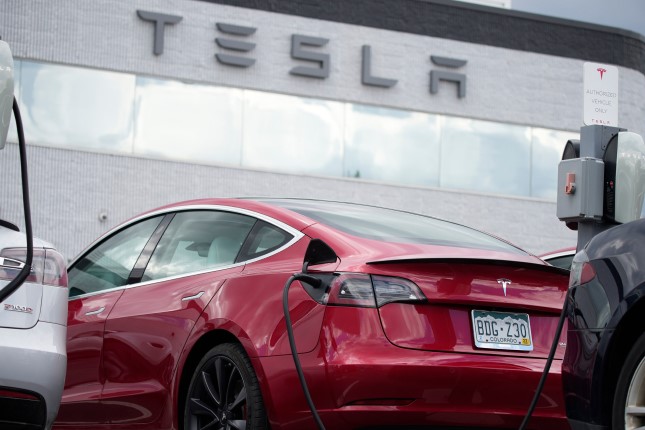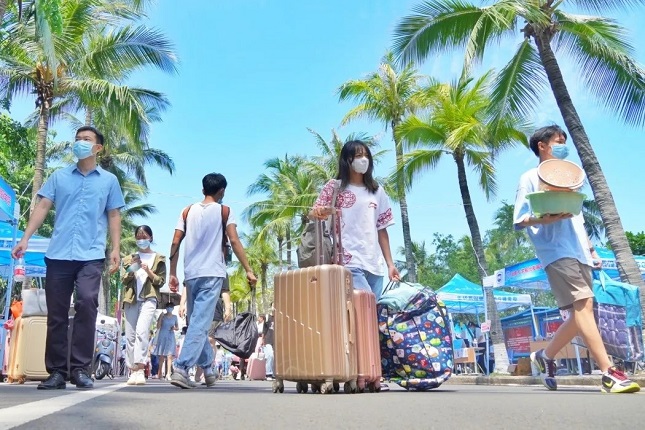Charles III has been crowned. His coronation was one of the most long-awaited events in recent political history. His mother, Queen Elizabeth II, ruled the country for 70 years – and Charles, the Prince of Wales, spent those decades with the status of heir to the throne. Born in 1948, he was four years old when his mother was crowned.
It eventually started to look like Charles would never become king.
By all appearances, Elizabeth II would have preferred to pass the crown directly to her grandson, Prince William, who is still about 10% more popular than his father today. However, a series of scandals, in particular, William's relationship with his younger brother Harry (Prince Henry) and that of their wives made this scenario significantly less attractive. The image of the princes has noticeably faded, and any attempt to bypass the lawful heir, Charles, could have led to an epic new scandal that would have further undermined the popularity of the monarchy in British society.
Just before the coronation, a public opinion poll from Sky News/Ipsos showed that the royal family as a whole is at 49% popularity, whereas at its peak in 2011-2012, in the days of the wedding of Prince William and Kate and the Queen's Diamond Jubilee, its popularity reached 73%.
Today, the new king is not even among the three most popular members of the British royal family. The people are most favourable towards William (61%), Princess Royal Anne (Charles' younger sister, 59%), and the Princess of Wales (Kate Middleton, 59%).
Only 52% care for Charles.
The king's relatively low popularity adds additional pressure to the institution of hereditary power as a whole. The monarchy already finds its main support among the older generations. 78% of those over 65 are in favour of monarchy, according to a survey conducted by the YouGov sociological service just before the coronation. On the other hand, only 32% of respondents from 18 to 24 support the monarchy (38% are for the elected leader). The insufficiently popular and already elderly king will not be able to reverse this trend. It will be more and more difficult for young people to identify with a monarch who was born and raised not just before the advent of the internet, but even before the advent of the computer.
It is already clear how the British monarchy will respond to this challenge. They have placed their bet: A number of significant publications have come out presenting Charles as the first "Climate King."
Between the war and the climate
How can monarchy be brought closer to the realities of the 21st century? This question has occupied many. Earlier in the year, there were discussions, for example, about changing some of the details of the protocol. In particular, the press wrote that instead of the traditional silk stockings and breeches, Charles could wear a military uniform to the coronation. But in the end, this innovation was abandoned.
Great Britain is deeply involved in the military confrontation around Ukraine and Charles' appearance at the coronation could have been an additional motivating factor. However, in reality, British society proved less than enthusiastic about the possibility of escalating the conflict.
Over the course of a year, the number of recruits in the British army fell by a third, as a direct result of the conflict in Ukraine. Additionally, over the course of a year (September 2021 – September 2022), the number of discharges has also significantly increased, and the number of fully trained and experienced military personnel who have resigned has increased by 17%. In absolute numbers, this means that over the period of twelve months, the number of recruits in all branches of the armed forces has fallen by more than 5,000 people, and another 2,400 have resigned from military service.
It is expected that by 2025, the British military will be reduced to its smallest size since the Napoleonic Wars.
In this situation, passing over the traditional attire in favour of a military uniform would do nothing to increase the monarch's popularity and win the support of the youth.
Instead, it was decided to emphasize climactic and ecological issues, which are indeed close to the heart of younger British generations and something they can support, as opposed to confusing and frightening military escapades in faraway lands.
The Climate King and the future of the empire
The role of the defender of nature is certainly a more organic one for Charles. He became interested in the topic when it was still considered "strange," and was speaking and working in this sphere long before it became mainstream.
In 1980, Charles purchased Highgrove House, an estate in Gloucestershire that exemplified his early aspirations to sustainable development. Only organic technologies are used to take care of the gardens there. The territory features a dedicated wild garden that serves as a sustainable habitat for birds and wild animals. The estate gets its energy from solar panels and waste is filtered through a natural sewer.
Elaborating upon his experience, in 1989 Charles wrote the book A Vision of Britain, in which he argued that the traditional British methods of architecture and aesthetics should be used more in the future. This vision was the prologue to the creation of an experimental community of 3,500 people in Dorset, where the traditional approaches and techniques of southwest England were used.
The future king was quite active on the eve of COP26, the UN Climate Change Conference in Glasgow in 2021, at which, for the first time, under pressure from developing countries, a provision was adopted that developed countries should pay for "climate damage" – namely, the statement that "increased financial resources should aim to achieve a balance between adaptation and mitigation."
Finally, a year ago, the future king called for the adoption of the "Astro Charter" to create conditions for sustainable space exploration.
However, it is clear that any real opportunities to influence environmental and economic policy will be quite limited for Charles. The climate agenda is primarily a tool for positioning the monarchy – not only in the British Isles, but in the whole world.
The coronation itself shows that the British monarchy is especially concerned about its presence in the global media, which allows it to promote the Western agenda on the international stage. Actually, a coronation is not even necessary to become a king. For example, Edward VIII ruled as a sovereign but was never crowned. As the heir, King Charles ascended the throne automatically the moment Queen Elizabeth died, September 8, 2022.
Moreover, on May 6, Charles and Camilla became the only crowned monarchs in Europe. There have never been any coronations in Belgium, the Netherlands, Luxembourg, Liechtenstein, or Monaco; in Spain, Sweden, and Denmark, coronations have been replaced by inaugurations (oaths in parliament); and in Norway there is a rite of blessing for the kingdom.
Before the coronation of Charles III, Elizabeth II was the last crowned monarch of the Old World.
So then why was such a large sum of money spent on the ceremonial splendor of the coronation? For the sake of media presence. The British monarchy is the only one that maintains real international ambitions, and the whole ritual is employed to promote them through media coverage. The media effect of the coronation creates a sense of the global significance of the event.
It is possible to dispense with the splendid ritual, but then how could the inhabitants of the former colonies and now the member countries of the British Commonwealth get a sense of significance and superiority from belonging to the "club?"
A few days before the coronation, The Daily Mail published the shocking results of a study sponsored by the former deputy head of the Conservative Party, Lord Ashcroft. It turns out that 6 out of 14 Commonwealth countries, including Canada and Australia, would vote to withdraw from the formal influence of the British crown. Moreover, 47% of the Canadian population supports transitioning to the republican system, versus 23% in favour of the monarchy; and in Australia it is 42% to 35%.
Opinions are pretty evenly divided in New Zealand, Belize, Grenada, Papua New Guinea, Saint Kitts and Nevis, and Saint Lucia; only in Tuvalu and Saint Vincent and the Grenadines do monarchical sentiments prevail.
The personal popularity or lack thereof of the monarch is a key factor that will determine whether the British Commonwealth will persist in the coming years. But the general vector is already clear today: It is highly likely that by the middle of the 21st century, the British "Informal Empire will cease to exist as a significant phenomenon. And with this will fade the need for a magnificent coronation.




















